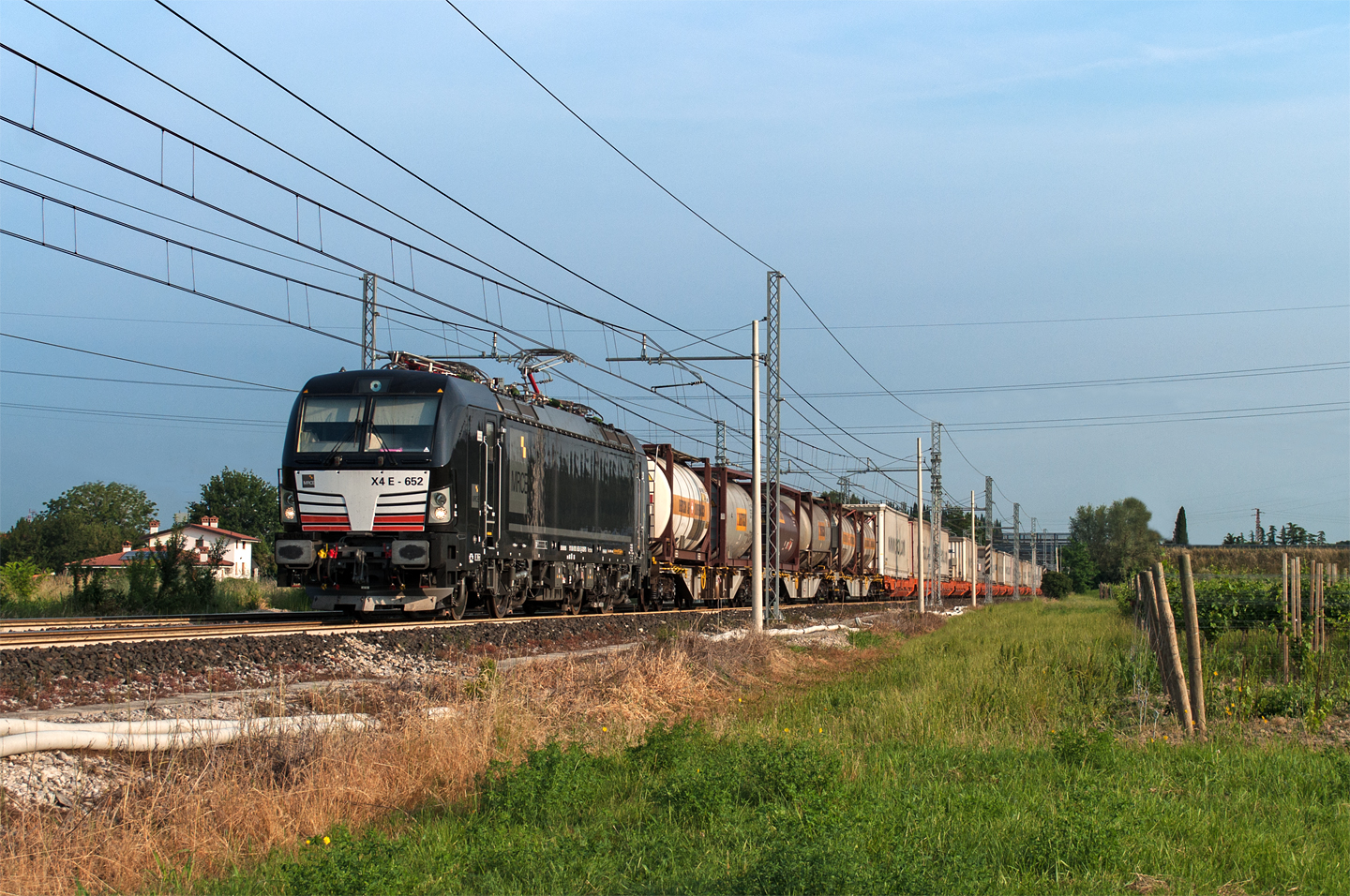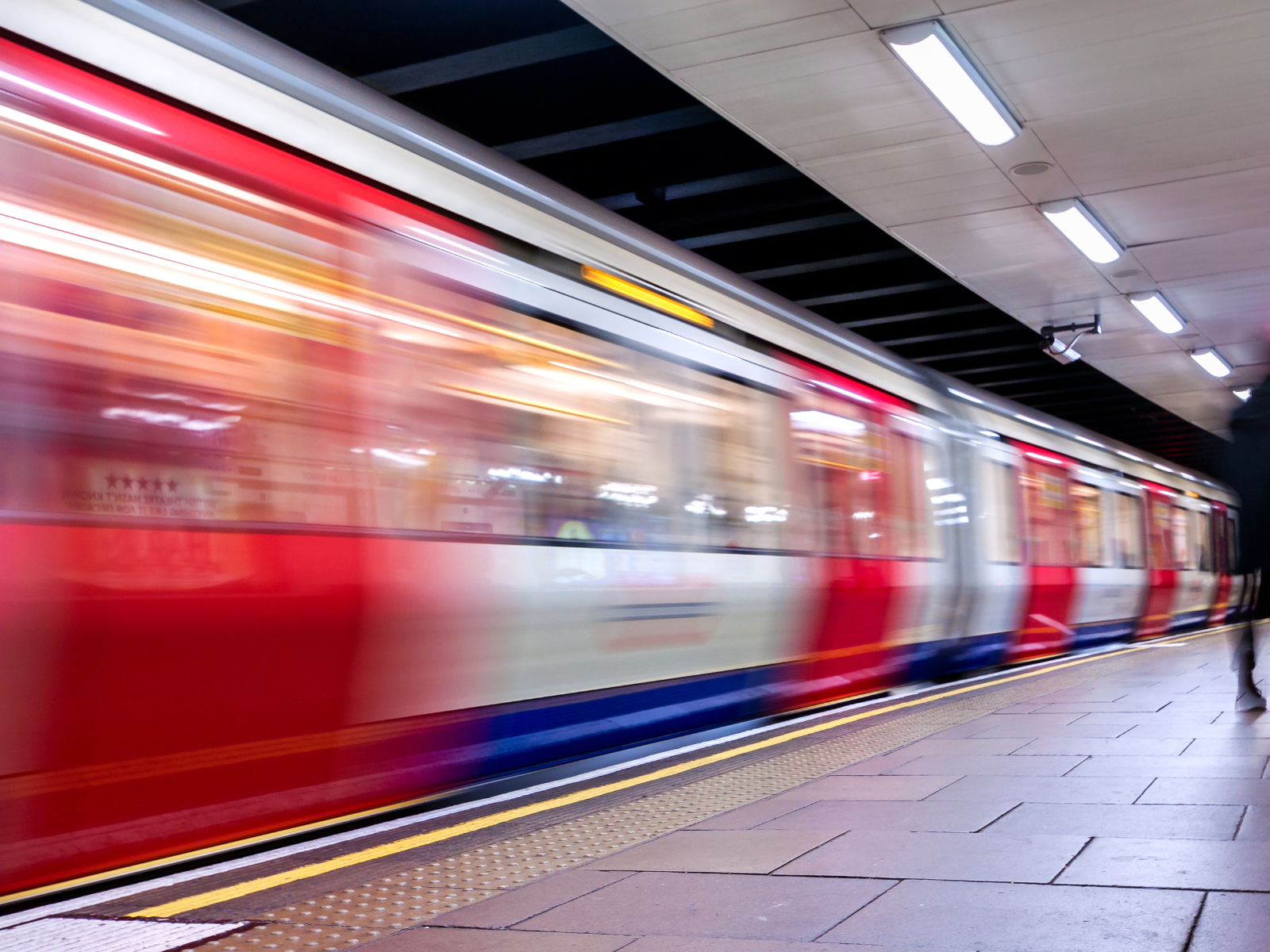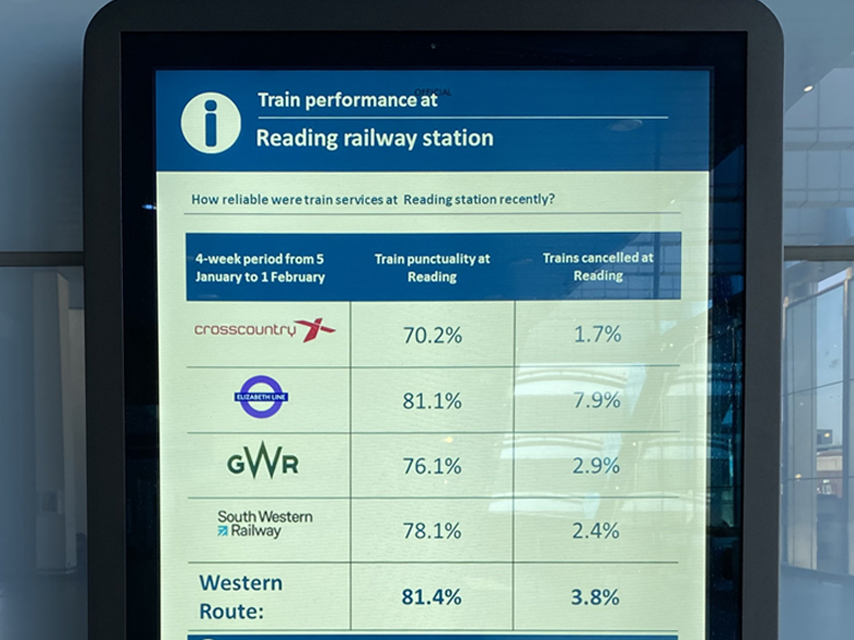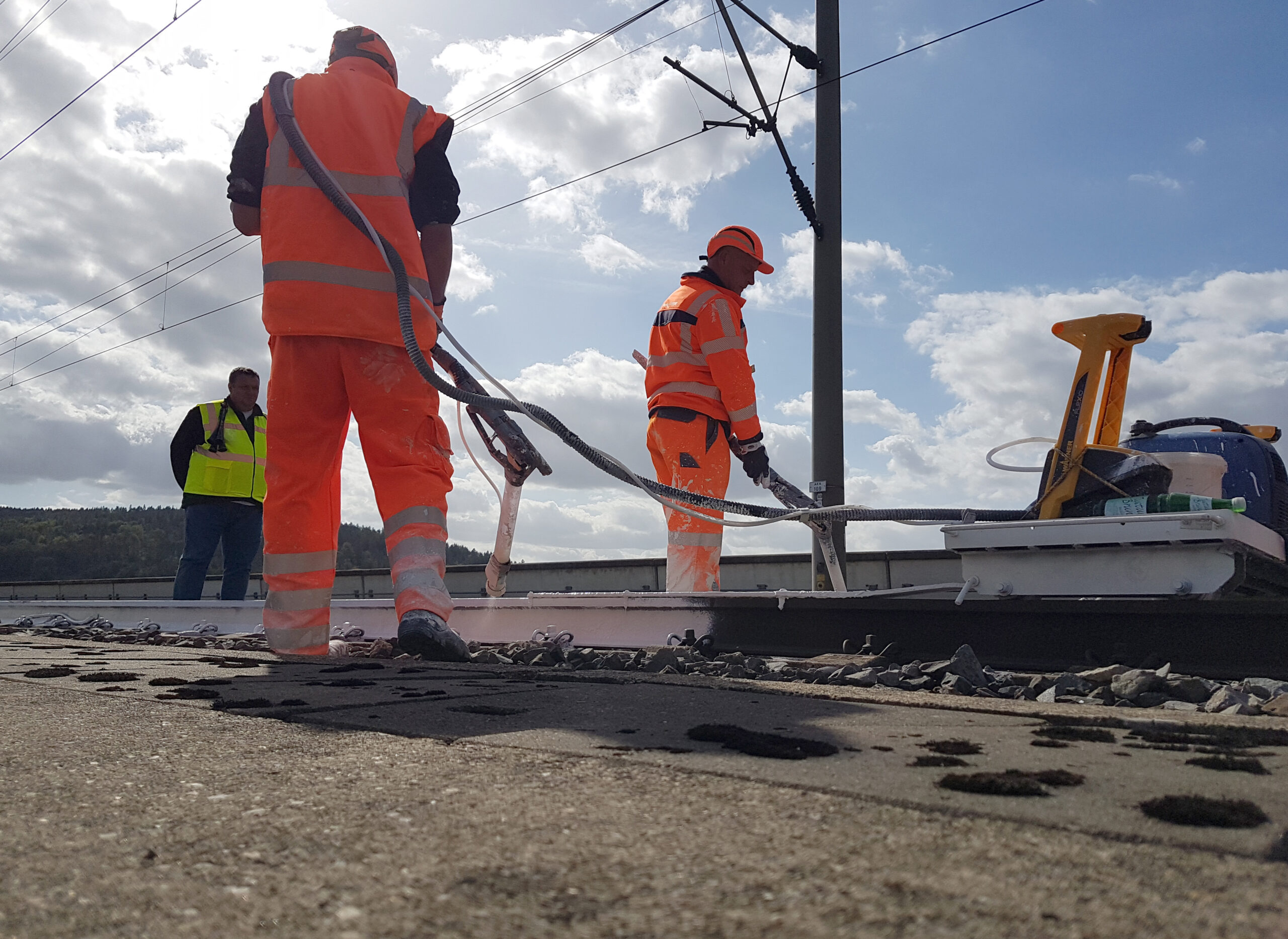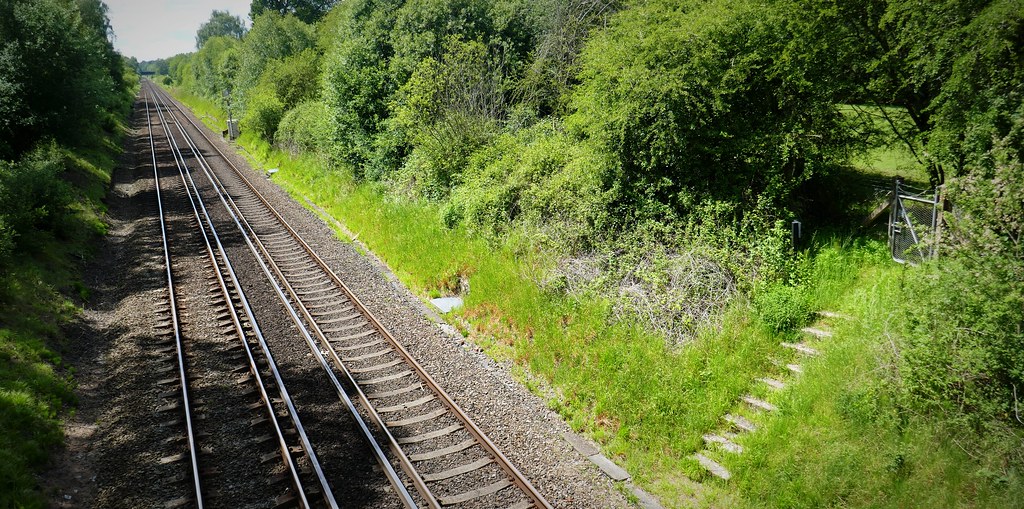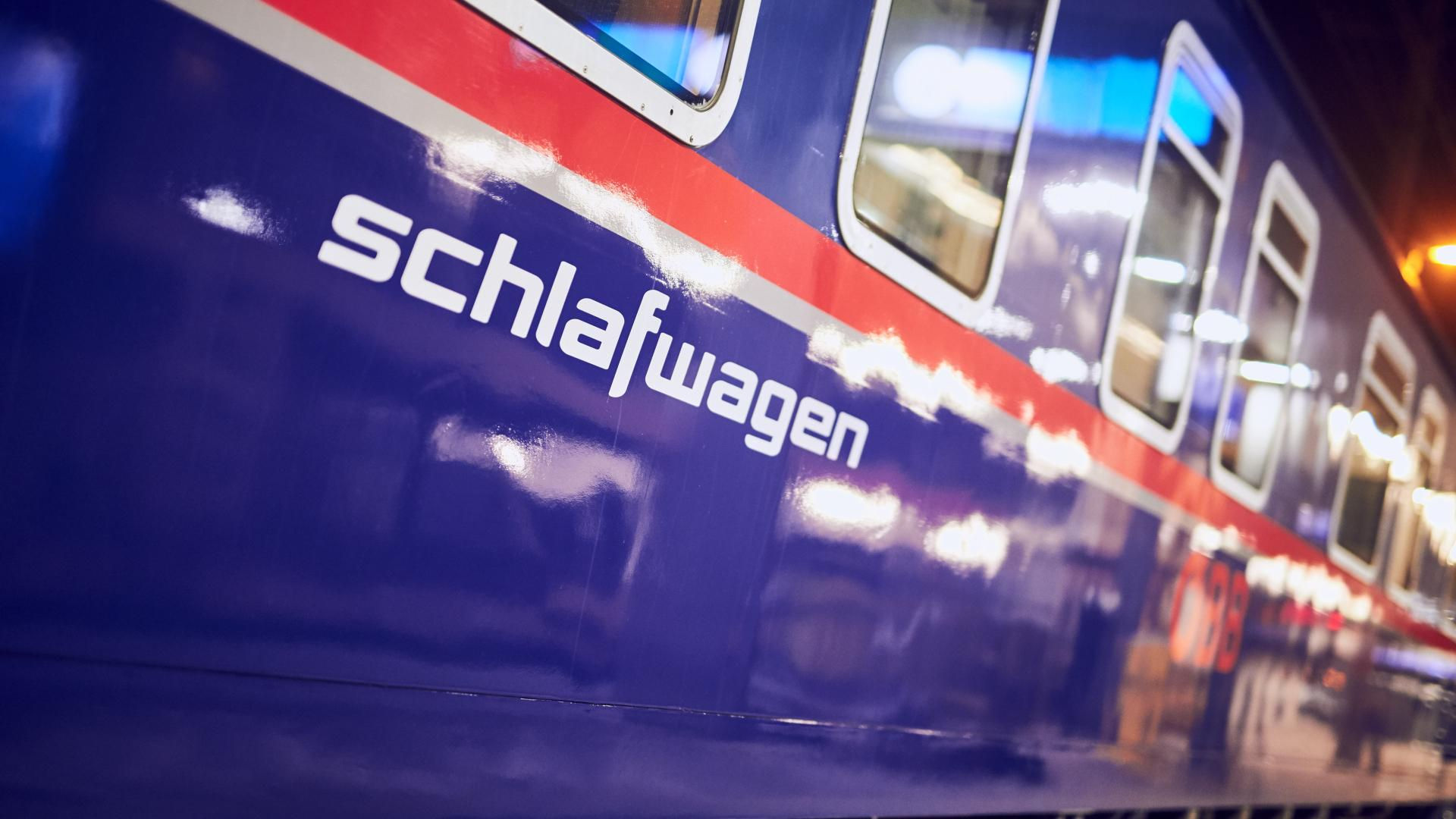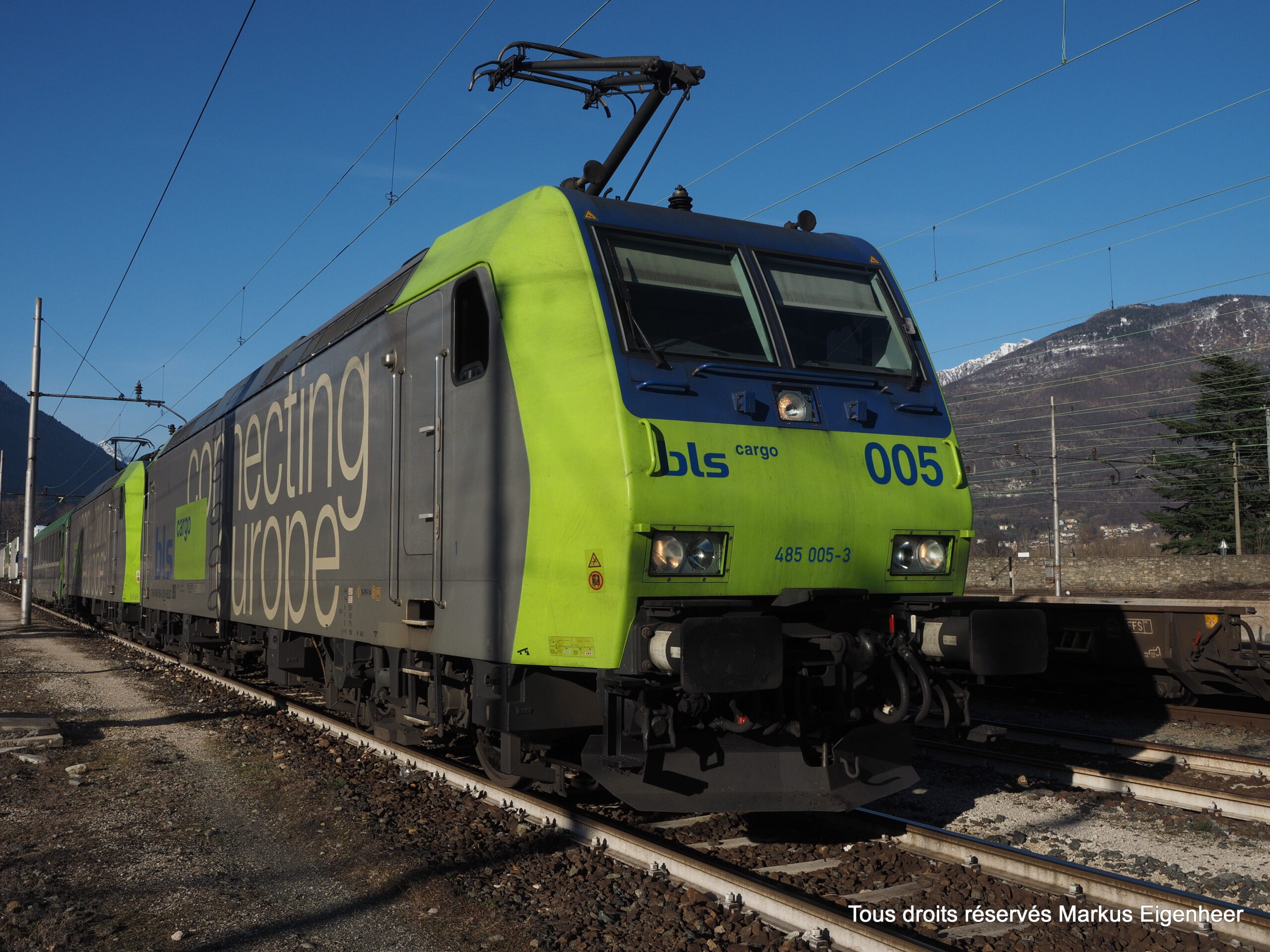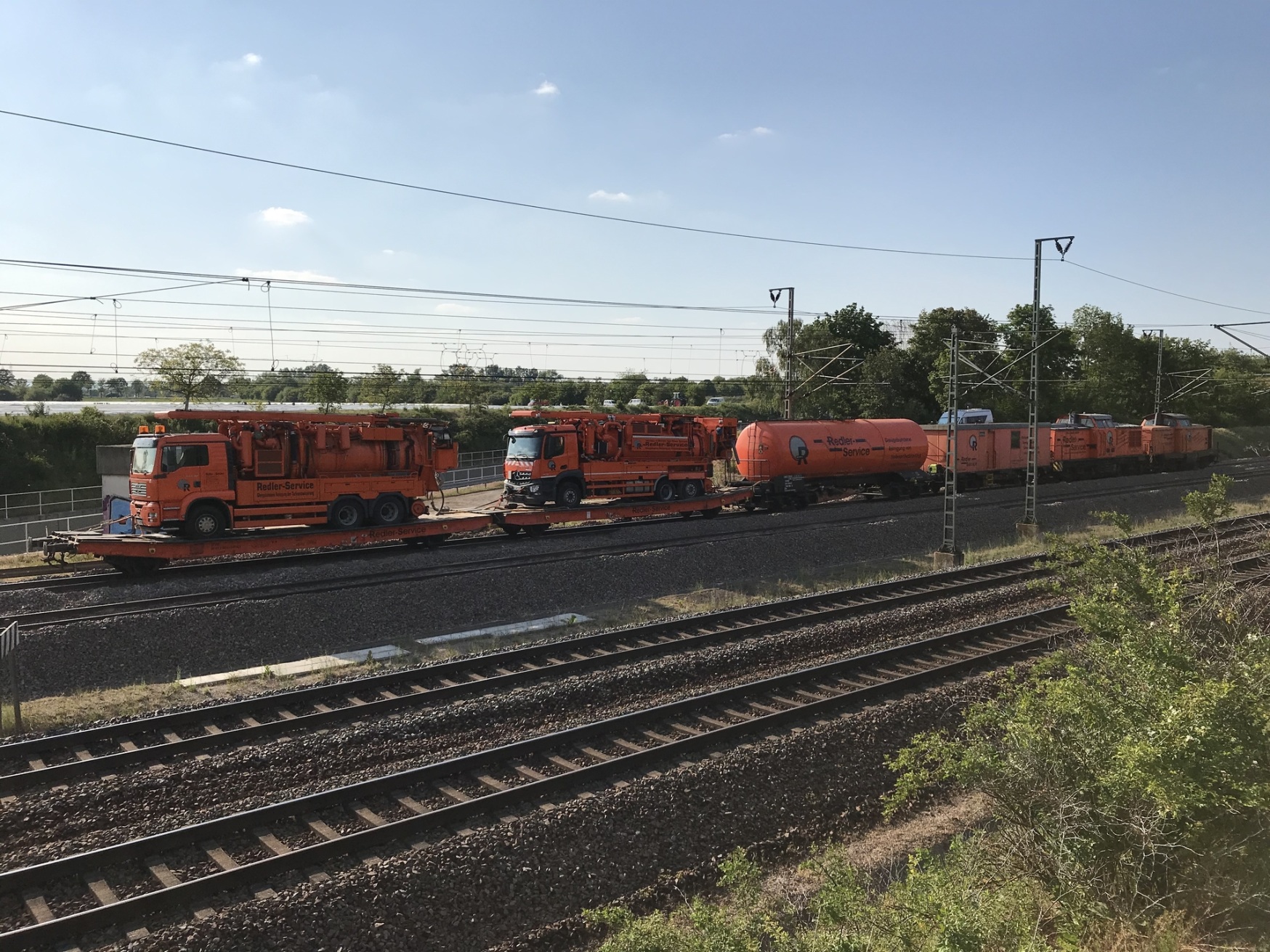CER – the Community of European Railway and Infrastructure Companies – has said in a position paper that Europe’s recovery from the coronavirus pandemic should be financed in part by applying the user-pays and polluter-pays principles across the transport sector.
Background
The EU and its individual member states have pledged in excess of 3 trillion euros to help their economies cope with the economic impact of the coronavirus pandemic. Additional funds will go towards the post-crisis recovery. The CER believes that one of the best ways to help find the necessary funds for this is to apply the user-pays and polluter-pays principles across the transport sector.
This, it says, is particularly pertinent given the EU’s European Green Deal as well as the fact that there is strong support for a green recovery among the populace, businesses and academia.
Suggested Measures
One of the main areas of focus should be appropriate infrastructure charging (user-pays), the CER argues. In May 2017 the Commission put forward a proposal for an updated ‘Eurovignette’ directive on road charging. Member States should be quick in implementing the reform, which would be a first step towards distance-based charging for road use (and therefore a usage-based charge on wear and tear) and for internalising external costs (i.e. costs incurred by others, e.g. the air pollution someone incurs when others drive vehicles), such as comprehensive carbon pricing (polluter-pays).
Applying these principles across all modes of transport would help redress the current charging discrepancies that exist between transport modes. It is the case that transport as a whole in the EU receives around 300 billion euros in subsidies by users and polluters not being asked to pay their costs. This is especially true for road, as well as the aviation and maritime sectors.
For example, the discrepancy between costs incurred (accidents, air pollution, climate change, noise, congestion, WTT, infrastructure) and for taxes and charges taken is 55 percent for road (592 billion euros vs. 269 billion euros). For maritime shipping it is a shocking 95 percent (44 billion euros in costs, 2 billion euros paid in taxes and charges), and for aviation it is 65 percent. For rail this figure is 20 percent (it incurs 25 billion euros and pays for 20 billion).
Consequences for the Rail Sector
The CER says that the rail sector should not be exempt from the user-pays and polluter-pays principles. For example, the railways could pay for their share of external costs by altering the current tax reductions for rail diesel. However, the CER emphasises that such ‘reductions for rail could be removed if, when and to the extend that they are removed for all other motorised transport modes’, meaning not without the same redress for diesel tax reductions for road and shipping and kerosene tax exemptions for aviation.
Libor Lochman, Executive Director, CER, said:Sustainable transport like rail must be a key part of Europe's economic recovery. The recovery is a golden opportunity for the EU and its member states to redress the situation in transport. When ministers discuss the Eurovignette reform the next time, they should agree on strong implementation of user-pays and polluter-pays principles on roads, to support fair intermodal competition.
Also read:
- DB Cargo Belgium Runs Trains under Belgian Licence
- Stadler Signs ETCS Retrofit Contract with Arriva
- Bombardier Delivers First MOVIA C30 Metros to Stockholm
- Alstom Data Fusion ETCS Solution Receives Full Certification

